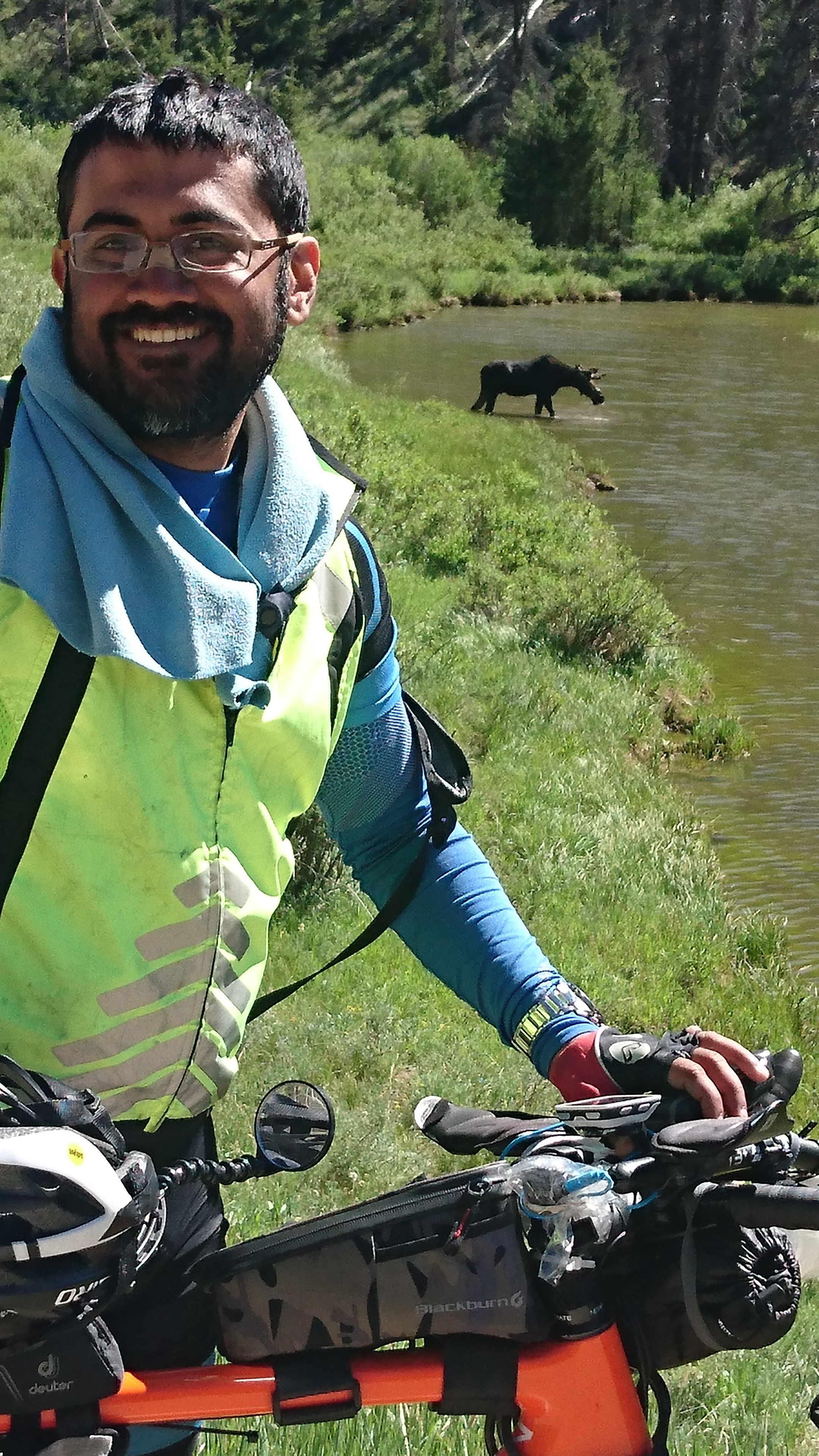Be nice to newcomers
"If I've seen further, it is by standing on the shoulders of giants", said Sir Isaac Newton. The early adopters always faced the greatest of difficulties and then strove to make it easier for those who followed in their footsteps. 'We then that are strong ought to bear the infirmities of the weak and not to please ourselves', goes a famous quote from the Bible. This is the philosophy that the true pioneers did their very best, to stay true to. However, for every supportive pioneer, we get to enjoy the unpleasant experience of coming across individuals I call the 'Knowing brats'. These are typically kids who are definitely smart; they learn the ropes fast and pick up a trick or two, but their motivations for learning are very different from that of the helpful pioneers; These individuals use their knowledge as a weapon against those who possess lesser knowledge than themselves. Instead of giving the newcomers a helpful hand, they give them scornful rebukes or if they ever reply to an innocent question, it's full on insulting or condescending in nature. Most of those who start out with this attitude go on to be successful and knowledgeable people in their later years, but they never stop being nasty to newcomers. I've seen such individuals in fields as diverse as Free and Opensource Software (FOSS), wild life groups and photography. Quite recently, I came across a guy who'd written a very arrogant post about mercilessly insulting people who asked for help identifying common bird types.
I came across a posting to the Linux India General (LIG) mailing list on the 22nd of March, 2001 by a user enquiring about means of achieving scripted downloads of multiple files. He's clearly somebody who is a beginner and don't forget that 2001 was back when internet was still a luxury and an expensive one at that. There existed no stackoverflow or such services where you could find answers to any question you could think of. That was a time when people needed a lot of hand-holding and Linux was a beast that needed braveheart tamers. Just installing Linux successfully was almost something you could put on your resume, back then! Coming back to that question, one of early responders gave the following response: "There were hazar..plz check the archieves of LI..there you will find plenty about it.." (there were thousands such tools; check the archives of the list and you'll find details). Here was a person who claimed there were thousands, which clearly meant that he was aware of at least one or two and knew that others existed, but his response to a rank newbie was a typical swat, a rebuff, instead of genuine help. In sharp contrast to this were the responses of another couple of users including my good friend, the Late Atul Chitnis. It must have taken Atul all of a minute to respond to that query, but he took that minute and wrote back a helpful response, explaining how it could be done. The tool that Atul recommended was 'wget'. While the first response that the user got might well have put him off from ever asking other questions, it was the encouraging responses that followed that not only gave the user his immediate answer, but also some much needed confidence. I'm sure he would have gone on to be a more accomplished user and I'd wager that he went on to be a friendly helper rather than turning into a FOSS brat.
Today, Linux has come a very long way forward from those days. Installing Linux is no longer a daunting task now. Anybody with any idea of installing even Microsoft Windows (for want of a better benchmark!), can do it with equal ease. Popular 'Live cd' options such as Knoppix which launched in 2003 made it extremely easy for people to 'test-ride' Linux, sample all the power that it could offer, without even having to install it locally on the harddisk. Linux distributions such as Mint and Ubuntu are so user-friendly that even traditional Windows users don't find it difficult to make a transition. None of this would have been possible without a community of people who were genuinely interested in helping others. None of this would have happened if most of the early adopters had been arrogant people who swatted away disdainfully, those who sought help. My tiny bit of advice to the youngsters who quickly learn the ropes in any field; you might think that you didn't have it easy, but it was a lot harder before those who got there earlier made it easier for you. Please show them due respect by paying your dues forward. Be nice to those who may ask you beginners' questions and keep that ball of progress moving in the right direction.
